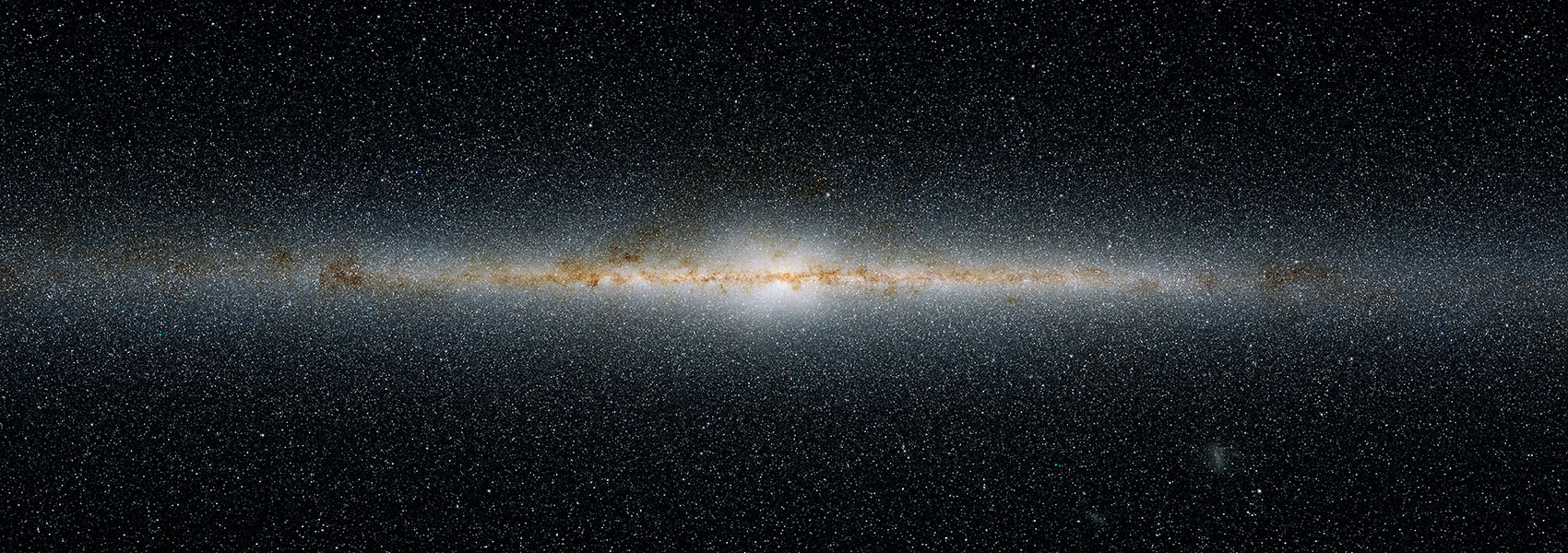December
2019
•
2019MNRAS.490.5658S
Authors
•
Speagle, Joshua S.
•
Leauthaud, Alexie
•
Huang, Song
•
Bradshaw, Christopher P.
•
Ardila, Felipe
•
Capak, Peter L.
•
Eisenstein, Daniel J.
•
Masters, Daniel C.
•
Mandelbaum, Rachel
•
More, Surhud
•
Simet, Melanie
•
Sifón, Cristóbal
Abstract
•
Although photometric redshifts (photo-z's) are crucial ingredients for current and upcoming large-scale surveys, the high-quality spectroscopic redshifts currently available to train, validate, and test them are substantially non-representative in both magnitude and colour. We investigate the nature and structure of this bias by tracking how objects from a heterogeneous training sample contribute to photo-z predictions as a function of magnitude and colour, and illustrate that the underlying redshift distribution at fixed colour can evolve strongly as a function of magnitude. We then test the robustness of the galaxy-galaxy lensing signal in 120 deg2 of HSC-SSP DR1 data to spectroscopic completeness and photo-z biases, and find that their impacts are sub-dominant to current statistical uncertainties. Our methodology provides a framework to investigate how spectroscopic incompleteness can impact photo-z-based weak lensing predictions in future surveys such as LSST and WFIRST.
Links




